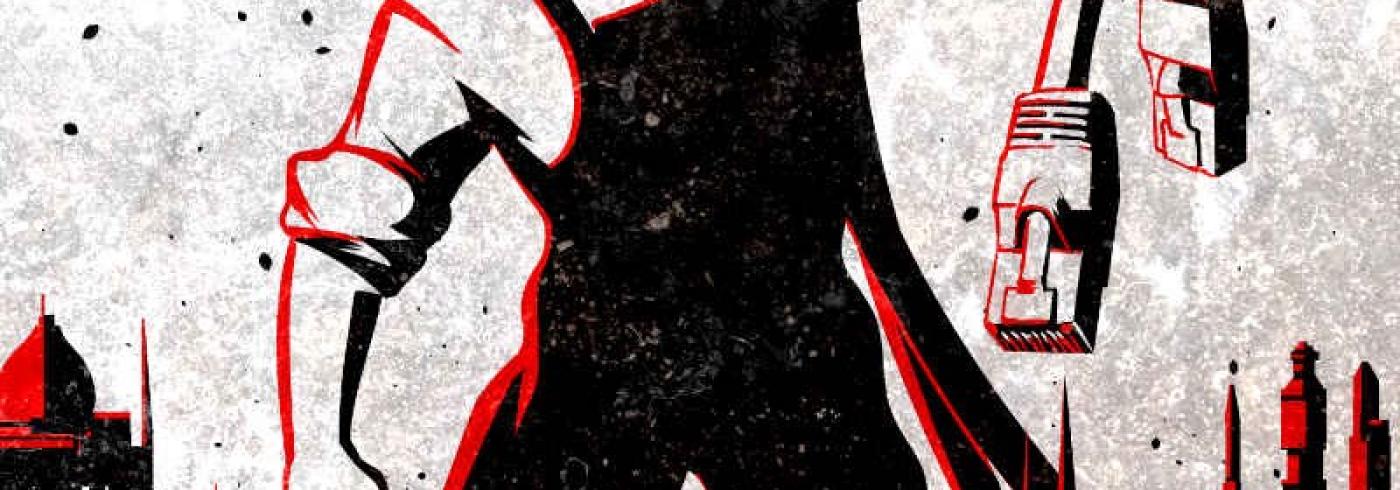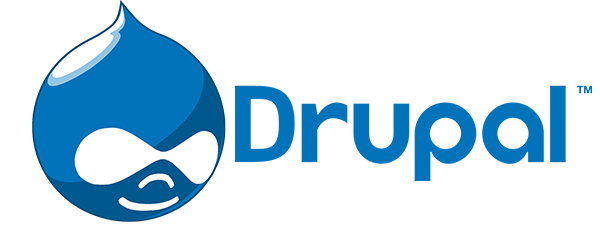
Firstly, tell us a little bit about yourself and how you became involved in Drupal
I became involved in Drupal back in 2009.
I'd just started striking out on my own, and was trying most things. Drupal 6 was about a year old. I got asked to work on a website for the UK NGA with their migration project from an old SGML (a superset of XML, HTML, etc that I hadn't heard of before then and haven't used since!) CD into originally Drupal 5 but quickly turned to Drupal 6 (we hit the tipping point for modules like `Views` and `CCK` - Content Construction Kit. Akin to Drupal 7's Fields API).

There was no migrate in those days - this was by hand regular expressions. I can't remember if Drush was a thing then but I remember a lot of bash scripts so it certainly wasn't something I was aware of.
After a while doing that, I got another Drupal project for a major UK museum which at the time was using Drupal 6 for exhibition microsites. After that, I started getting a name for Drupal and it kind of spiralled from there.
You've worked with a variety of industries from charities to local government and education (and then some).
What comes to mind when you think about the work you've done that's made the biggest impact?
I think it's mostly the fact I've been able to help people experience and access more knowledge more than anything specifically about sales and products.
The sites I have worked on for the most part have never been particularly impactful in a "White House" kind of way, but they have helped a lot of people learn about various aspects of UK or Irish history, find a job in certain niche markets, or buy home improvement appliances across the world.
The biggest individual site I worked on covered something like 17 countries/regions and 14 languages, and when I stopped working with them had started on expanding to right-to-left languages as well as left-to-right.
Why?
I believe that open source (and to an extent, specifically Drupal) is a really important way to keep people safe on the web.
The more eyes on code, the fewer chances for bugs and security holes there are. This open and collaborative nature works very well with education as it passes on the idea of openness, but also allows an enterprise to feel secure in the knowledge that potentially thousands of people have seen the code, can report issues and even help fix them.
One of my proudest achievements is a 12 line fix in search_api_solr to give the option to use HTTPS over HTTP, pushing this idea that anyone can spot a potential security problem and help fix it.
You've been involved with Drupal for around 11 years. Can you talk about some of the biggest milestones you've seen during this time?
Where to begin? Drupal 7, 8 and 9 I suppose are the biggest 3.
All 3 revolutionised Drupal in their own way. Whether it was Drupal 7 in 2011, which inherited the critical CCK module into core as the fields API and gave us PHP Template for theming, through to the almost total rewrite over 4 years of Drupal 8 and the "Getting off the Island" mentality we've adopted as part of that.
The adoption of semantic versioning making Drupal 9 no longer a big and scary upgrade as has previously been the case with Drupal was also a major stepping stone.
It's very difficult to choose, but I know when I chose to specialise in Drupal, I chose correctly; even if I occasionally look with envious eyes at other communities.
How do you remain innovative in your role?
Research, code playgrounds that are thankfully hidden so my duff code isn't easily seen (I'm working on the imposter syndrome I have), discussions with colleagues or meetup groups.
I particularly like looking at other platforms, and frameworks; seeing what they're doing and thinking about how to adopt that into Drupal. It's even lead to me not recommending Drupal for certain projects where they only really needed a front end as an API was providing 99% of the data and Drupal was just being used as a front end.
What books or blogs are you currently reading? Or maybe podcasts you're enjoying?

I tend to listen to audiobooks before bed rather than read. I have several on the go at the moment. Shōgun, The Story of Japan and Tom Clancy's Net Force novel called "The Dark Web".
I listen to over 48 hours of podcasts a week (Top tip: train your brain to listen to them at double speed. Hours of entertainment if you ever slow it down to normal speed, everyone sounds drunk!) They're mostly Drupal or mental health-related these days, although I do enjoy the odd security-based one such as Darknet Diaries.
If you could pick one thing, what's the main change you'd like to see in Drupal over the next few versions?
I'd love to see us become fully modular so I could use various parts of Drupal without necessarily needing the whole thing (E.G. the ability to do `composer require drupal/users` and I;'d get the user and permission system but not, say, Taxonomies etc). I believe that will eventually be possible, though unlikely.
What do you think is the biggest fear companies have about adopting an open-source platform?
Because it's free, it must be no good or that it's insecure.
What advice do you have?
If large corporate and government entities such as the White House trust it, why can't "you"? (It's an argument that's worked a surprising number of times).
Aside from an impressive list of skills, you've organised and spoken at a number of Drupal events. What do you like sharing with the community?
These days it's mostly around the work I've done on mental health; particularly imposter syndrome and burnout.
STEM careers, in particular, seem to have extreme levels of both. It's something we are all capable of doing something about; especially as we adjust to a new way of life after the challenges 2020 has thrown at everyone.
What's been your favourite Drupal event, and why?
I can't decide between Drupalcon ~Croydon~ er I mean London, in 2011 which was my first Drupalcon, or Drupal Europe in 2018 which was my first "Drupalcon like" event I spoke at.
With Croydon it was the awe of everything, including sitting at the table next to Dries one morning, only partially realising who it was, and saying how excited I was to be here.
Darmstadt (Drupal Europe) because I was speaking at an international level conference, which helped with my imposter syndrome as I realised I must have something worth talking about (irrespective of how niche it may have been).
What is your experience of diversity and inclusion in our community?
Getting better especially towards minority women speaking at events such as DrupalCon. I'd love to see more, there's always room for more. I'm hoping to increase the diversity in the community when I am involved with hiring, by encouraging "nameless" CVs, and ideally company less / educationless ones too (So I am looking solely at experience).
Whether this will work remains to be seen (how diverse can you be if a large portion of the applicants to a role are white males?) but it's a start.